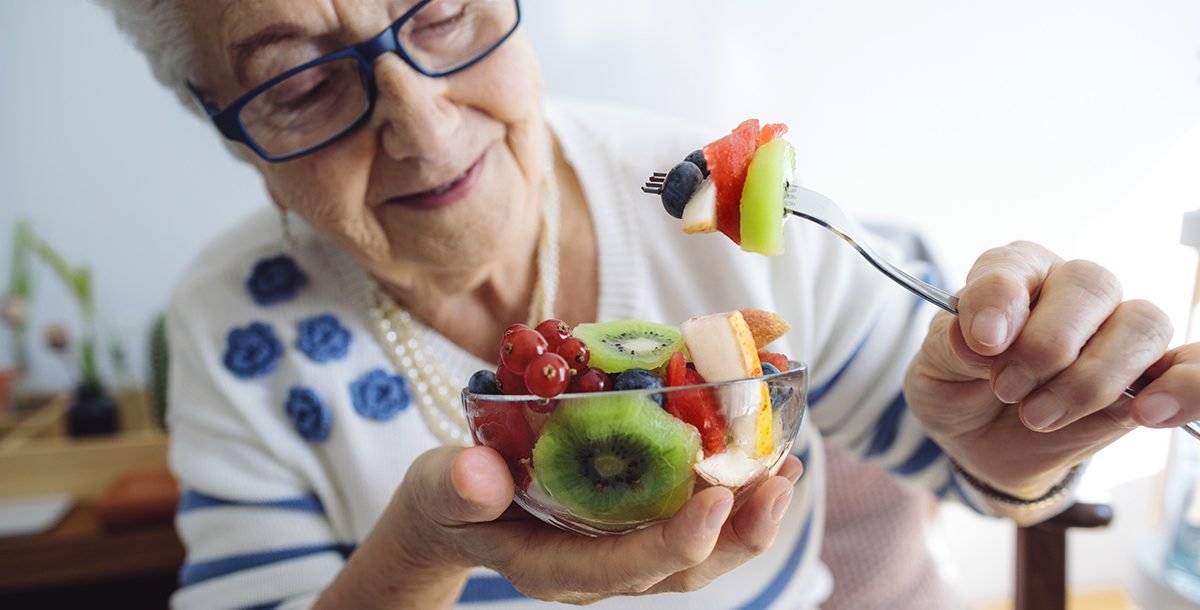Relatively new to the diet and exercise space, alkaline diets have picked up steam recently and deserve to be explored. Simply put, the alkaline diet (also known as the acid-alkaline diet or alkaline ash diet) attempts to alter the pH balance in your body by restricting certain foods.
In other words, when you eat acidic foods, your blood becomes more acidic. However, eating foods that leave “alkaline ash” makes your blood more alkaline.
What do alkaline diets claim to do?
Alkaline diets claim to have benefits in fighting diseases, including cancer, as well as decreasing body fat. Without getting too scientific, the thought process is that acidic foods leave behind “acidic ash” that your body essentially spends time fighting instead of fighting disease. Alternatively, alkaline foods leave behind “alkaline ash” that aids your body in fighting disease.
What types of foods do you eat on an alkaline diet?
Individual foods can vary in their acidity. But food groupings commonly found in (and out) of alkaline diets are broken down into acidic, neutral and alkaline labels. These can include:
- Acidic: Most white meats like poultry and fish, processed foods, as well as dairy, eggs and alcohol.
- Neutral: Fats like olive oil and avocado, starchy vegetables and sugar (natural and artificial)
- Alkaline: Almost all whole fruits and vegetables as well as nuts
Do alkaline diets work?
No. Changing or altering the pH of your blood is almost impossible to do with food and, if you did manage to change your blood pH levels, it would have some very, very serious side effects. The human body has plenty of safeguards in place to block this from happening, thankfully. The best you can hope for by following an alkaline diet is changing the pH of your urine.
Now, that’s not to say there aren’t health benefits to following an alkaline diet. Adding in plenty of fruits, vegetables and lean proteins to your diet will go a long way in achieving a healthy diet, but alkaline vs. acidic foods won’t do much of anything to your blood’s pH balance.
What about alkaline water?
Sure. Drinking water is good for you. But again, drinking bottled water marketed as “alkaline water” is only going to change the pH of your saliva and urine, so it’s really a matter of preference and price if you want to go that route.
Can an alkaline diet help with heartburn or acid reflux?
Correlation and causation are different. If you suffer from heartburn or acid reflux, you’ll want to consult your doctor or a dietitian to discuss an eating plan for your individual situation. That said, generally reducing the number of acidic foods, while adding more non-acidic foods, can help alleviate some of the symptoms of GERD, heartburn and acid reflux.
Yes, the alkaline diet puts an emphasis on eating foods that are low in acid, but you don’t need to adopt the diet completely to help with acid reflux symptoms – you’d be better off finding individual foods that cause symptoms to flare up and cut back and eliminate or cut back on those.
Learn about the nutrition services we offer at Bon Secours.





